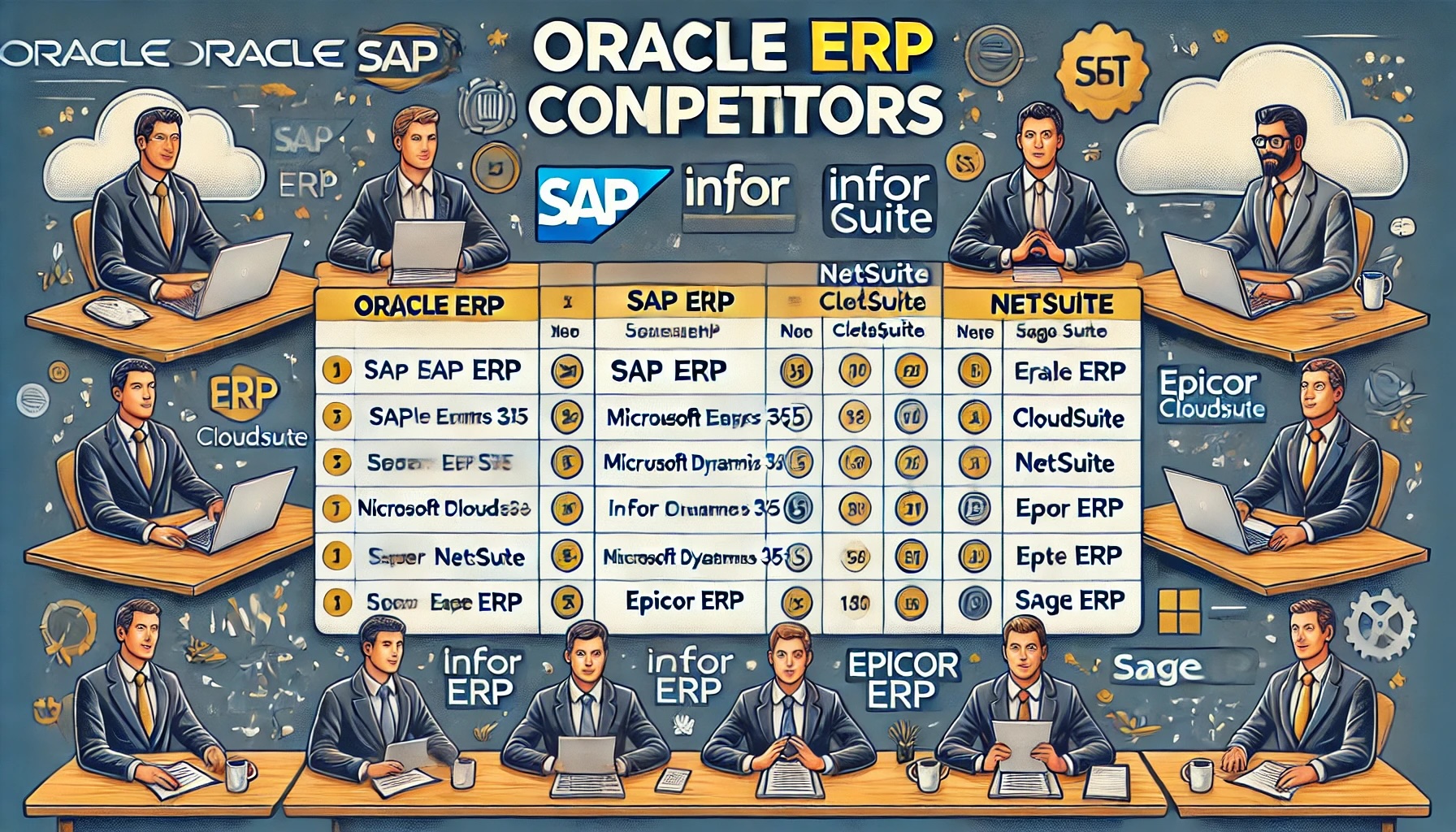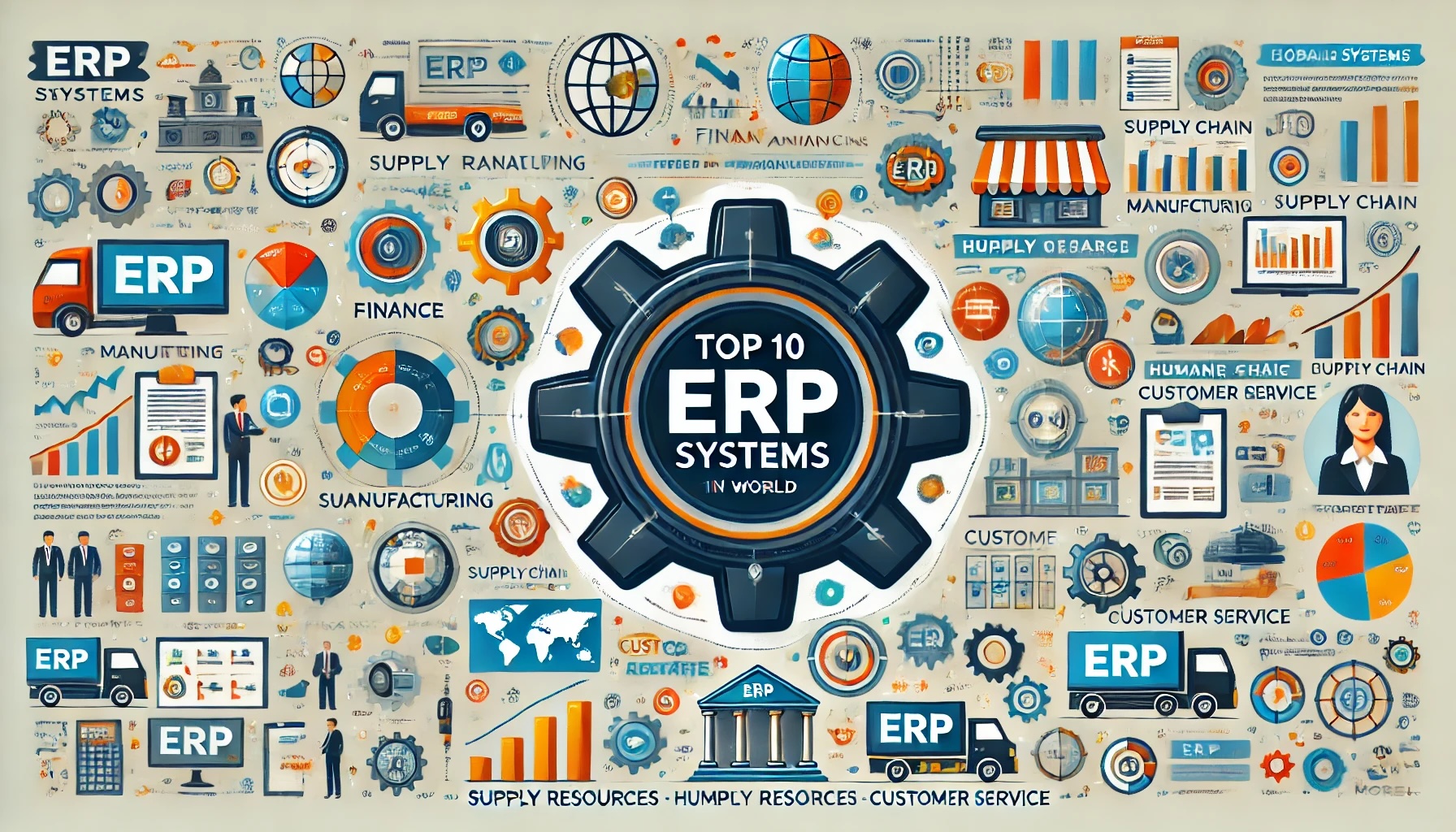Is Workday a Good ERP for Insurance Businesses?

In the competitive world of insurance, businesses need efficient systems to manage their operations seamlessly. One solution that has gained significant attention is Workday, an enterprise resource planning (ERP) system known for its robust functionality. But is Workday a good fit for insurance businesses? Let’s explore its features, benefits, and potential drawbacks to determine its suitability.
Understanding Workday for Insurance
Workday is a cloud-based ERP system that provides a wide range of services, including human capital management (HCM), financial management, and analytics. For the insurance industry, Workday offers specialized tools that can streamline operations, enhance customer service, and improve overall efficiency. Here’s a closer look at what Workday can offer insurance companies:
Key Features of Workday for Insurance
- Human Capital Management (HCM):
- Workday’s HCM suite allows insurance companies to manage their workforce effectively. This includes talent acquisition, performance management, and employee development. By having a centralized system, insurance businesses can ensure they have the right talent in place to meet customer demands and regulatory requirements.
- Financial Management:
- Financial management is critical for insurance companies. Workday offers tools for budgeting, forecasting, and financial reporting. These features help insurance firms maintain financial health, comply with industry regulations, and make informed strategic decisions.
- Risk and Compliance:
- Insurance businesses operate in a highly regulated environment. Workday’s compliance management tools help ensure that companies adhere to industry standards and regulations. This includes managing policy changes, tracking compliance activities, and maintaining comprehensive audit trails.
- Customer Relationship Management (CRM):
- Workday integrates CRM capabilities that help insurance companies manage customer interactions and improve service quality. This includes tracking customer inquiries, managing policy renewals, and handling claims efficiently.
- Analytics and Reporting:
- Data-driven decision-making is crucial in the insurance industry. Workday’s advanced analytics and reporting tools provide insights into business performance, customer behavior, and market trends. These insights enable insurance companies to optimize their operations and stay competitive.
Benefits of Using Workday for Insurance
- Improved Operational Efficiency:
- By consolidating various functions into a single platform, Workday eliminates the need for multiple disparate systems. This leads to streamlined processes, reduced operational costs, and increased productivity.
- Enhanced Compliance and Risk Management:
- Workday’s robust compliance tools help insurance companies stay ahead of regulatory changes and manage risks effectively. This is particularly important in an industry where non-compliance can lead to severe penalties.
- Better Customer Experience:
- With integrated CRM capabilities, Workday helps insurance businesses provide better customer service. By managing customer data efficiently, companies can respond to inquiries faster, process claims more effectively, and improve overall customer satisfaction.
- Scalability and Flexibility:
- As a cloud-based solution, Workday offers scalability and flexibility. Insurance companies can easily adapt to changing business needs, scale their operations, and access the system from anywhere.
Potential Drawbacks
- Implementation Cost and Time:
- Implementing Workday can be costly and time-consuming. Insurance companies need to invest in the initial setup, training, and ongoing maintenance. However, the long-term benefits often outweigh these initial costs.
- Customization Challenges:
- While Workday offers a wide range of features, some insurance businesses might find it challenging to customize the system to their specific needs. It’s important to work with experienced implementation partners to address these challenges.
- Data Security Concerns:
- As with any cloud-based solution, data security is a concern. Insurance companies need to ensure that Workday’s security measures meet their standards to protect sensitive customer and business data.
Conclusion
Overall, Workday presents a compelling ERP solution for insurance businesses. Its comprehensive features, including HCM, financial management, compliance, CRM, and analytics, can significantly enhance operational efficiency, compliance, and customer service. While there are challenges related to implementation and customization, the benefits of using Workday for insurance far outweigh the drawbacks. Insurance companies looking to modernize their operations and stay competitive should consider Workday as a viable option.
By leveraging Workday, insurance businesses can streamline their processes, reduce costs, and deliver better services to their customers. In the ever-evolving insurance industry, having a robust ERP system like Workday can be a game-changer.
To compare Workday with 100s of other ERP solutions, you can use our new AI-powered Compare ERP tool. It’s free to use and you get a guaranteed discount on your first year’s licence fees with a referral from Compare ERP.









